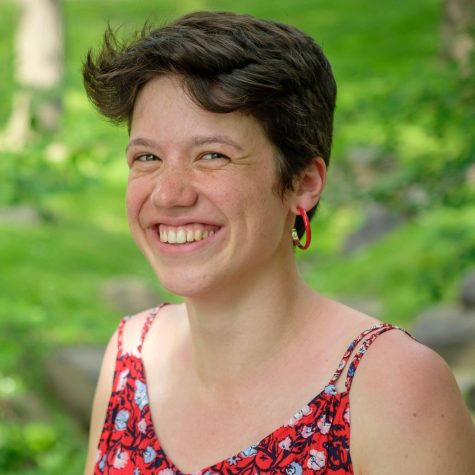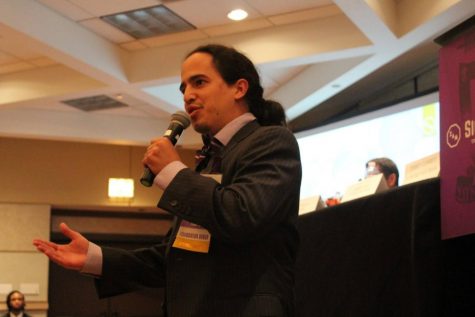The Sci-Files – 02/20/2022 – Serena Lotreck – Automated Hypothesis Generation for the Plant Sciences
February 21, 2022

On this week’s SciFiles, your hosts Chelsie and Daniel interview Serena Lotreck from MSU’s Plant Biology & Computational Mathematics, Science & Engineering. Serena’s research is focused on helping researchers in the plant sciences navigate the flood of available information when designing new hypotheses and experiments. Since the 1980s, there has been a 3% increase per year in scientific publishing, leading to an overwhelming amount of available articles for scientists to navigate when beginning a new project. Currently, researchers rely on labor-intensive manual methods to manage this flow of information, like reading individual articles from the search results of an academic search engine in order to generate a new hypothesis. Knowledge graphs are representations of information automatically extracted from a large quantity of unstructured text like scientific papers, where real-world objects are represented as the nodes of the graph, and the connections between nodes are the relationships between those real-world objects. For example, in molecular biology, the nodes are things like proteins or genes, and the edges are relationships like “upregulates” or “inhibits”. New nodes and edges can be predicted on these graphs, which generates novel scientific hypotheses based on a greater percentage of existing information than could be achieved with a manual literature search. The goal of Serena’s research is to adapt existing methods for building knowledge graphs for the plant sciences and to develop a framework for using these knowledge graphs for hypothesis generation. If you’re interested in talking about your MSU research on the radio or nominating a student, please email Chelsie and Danny at scifiles@impact89fm.org. Check The Sci-Files out on Twitter, Facebook, Instagram, LinkedIn, and YouTube!































